Politicon.co
How Russian Media Sows Suspicion between Turkey and the West
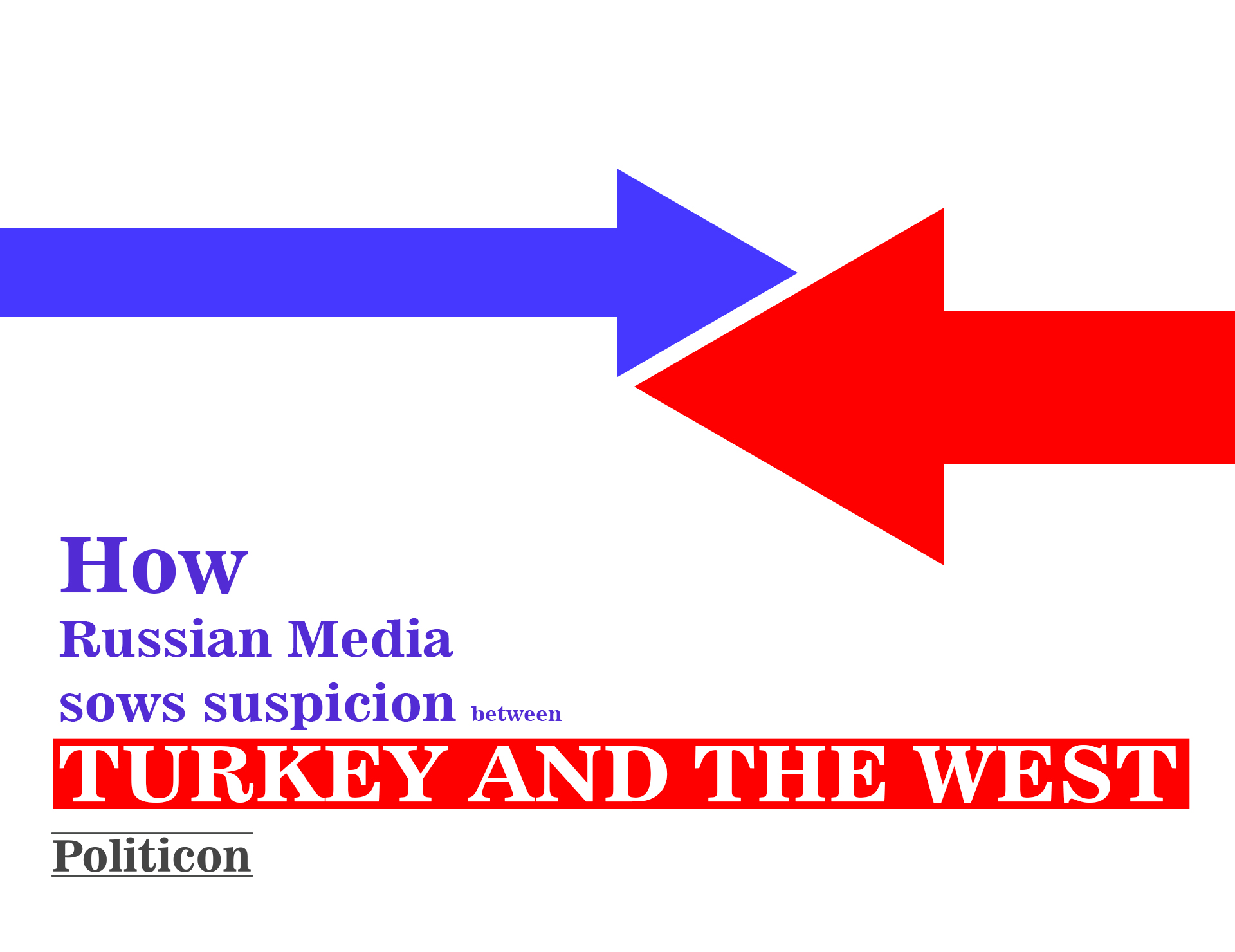
The ongoing conflict between Russia and Ukraine drew Turkey and Russia together for peace talks. Turkey is a crucial player in the conflict due to its geographical proximity. Everyone was reminded of the tumultuous connection between the two states by this issue. Despite their competing interests, Russia and Turkey have been able to work together in previous conflicts, whether directly or indirectly. Because they are both cognizant of their need on each other, the two states usually manage to find common ground in most of their conflicts. However, because Turkey is a member of NATO, Russia's primary foe, the relationship cannot be classified as "excellent." As a result, keeping Turkey on its side against Western states and sabotaging collaboration between Turkey and the West has been in Russia's best interests. One of the most effective methods has been to use media propaganda to instill a bad image of the United States and its allies in Turkish public opinion.
Following the attempted coup, Russian media began to portray the incident as a US plot. On August 31, 2016, the Moscow-based website New Eastern Outlook published an article titled "Top US Security Officials Admit Turkey Coup." According to the paper, multiple top American government officials and experts, including Zbigniew Brzezinski, confirmed that the United States sponsored the 2016 coup attempt in Turkey. It also highlights the coup's timing, since it occurred shortly after Turkey began improving its relations with Russia, implying that the rapprochement did not serve US objectives and, in fact, contributed to the coup. Despite the fact that the piece was full of unproven allegations, it managed to attract a lot of attention. The article was only one example of Russia's attempt to vilify the United States in the eyes of the Turkish people following the attempted coup. According to an article published in Moscow's Oriental Review, the putschists collaborated with the Ecumenical Patriarchate, which is associated with Christianity and the West, in the coup attempt. Following the publication of the piece, pro-government newspaper, Yeni Şafak and Akşam, expressed similar sentiments, even suggesting that the coup was intended to destabilize Turkey-Russia relations. Apparently, the audience was supposed to be persuaded that the United States was not a "friend."
It was not the first time Russia tried to sway Turkish public opinion by instilling distrust in the US and its allies. Following the assassination of the Russian ambassador, Russia Today, a state-sponsored media outlet in Russia, released an article that addressed speculations regarding who might have benefited from the assassination. By highlighting the time of the assassination, the report implies that the involvement of the West was a possibility. According to the report, the assassination occurred just after Erdogan and Putin’s meeting and before the planned meeting between Iran, Russia, and Turkey. Turkey's recent shift towards Russia and Eurasia is also mentioned, implying that the country has been drifting away from the West.
To sow suspicion between the West and Turkey, Russian media has also utilized its resources to depict Turkey as an untrustworthy partner. Following Turkey's downing of the Russian plane, Russian officials stated that ISIS was moving oil through Turkey and that Turkey benefited financially from these activities. Despite the fact that the assertions were consistent with the results of the Congressional Research Service report, the report emphasized Turkey's challenges in blocking oil transfers. Meanwhile, Russian news outlets concentrated heavily on the oil-smuggling story, exaggerated some aspects, and diverted attention away from the major event, the downing of the Russian jet. The campaign ended only after the presidents of the two states met in 2016.
Although the propaganda following the downing of the Russian plane was primarily intended to penalize Turkey, it also had the potential to negatively impact Turkey-Western ties. Because NATO is dedicated to combating terrorism, Turkey's suspected assistance to a terrorist organization could have undermined its international reputation and make it appear as an unreliable and irresponsible ally.
When it comes to recent examples of Russian influence in Turkish public opinion, the presentation of the Russian vaccine, Sputnik V, as a cost-effective and safe vaccination while emphasizing the risks of European and American vaccines is one of them. Another recent example is Russian media's attempt to incite hatred against President Biden following his recognition of the Armenian genocide.
Apparently, Russia is not interested in seeing strong ties between its strategic ally and its adversaries. Although Turkey's NATO membership benefits Russia to some extent due to Turkey's role as a mediator, Turkey's desire to fulfill its NATO responsibilities may pose a threat to Russia. As a result, Russian media has been heavily used to foment distrust between the two. Russian media claimed that the West was jealous of Turkey's strengthening ties with Russia and was purposely sabotaging it in both the coup and the ambassador's assassination incidents. Such messages instill in the Turkish population a sense of loss of sovereignty and a worry that other forces are attempting to sway their internal and foreign policies. In fact, the use of media as a tool for imposing Westernophobia or anti-Americanism has been effective in Turkey. For all nations, including the Turks, the loss of authority over their own judgments is unsettling. To maintain complete control, however, one must also be aware of the impacts of foreign media influence and make every effort to prevent prejudice created by it.
![]()
- TOPICS :
- Foreign policy
- REGIONS :
- Middle East and North Africa
- Russia and CIS

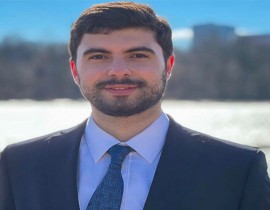

png-1748065971.png)
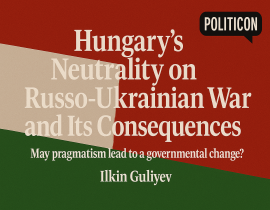
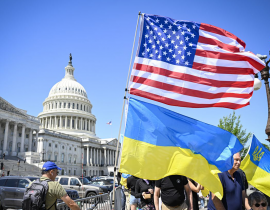


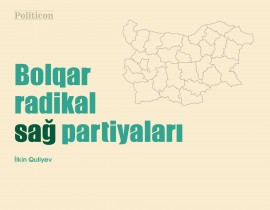
jpg-1599133320.jpg)

